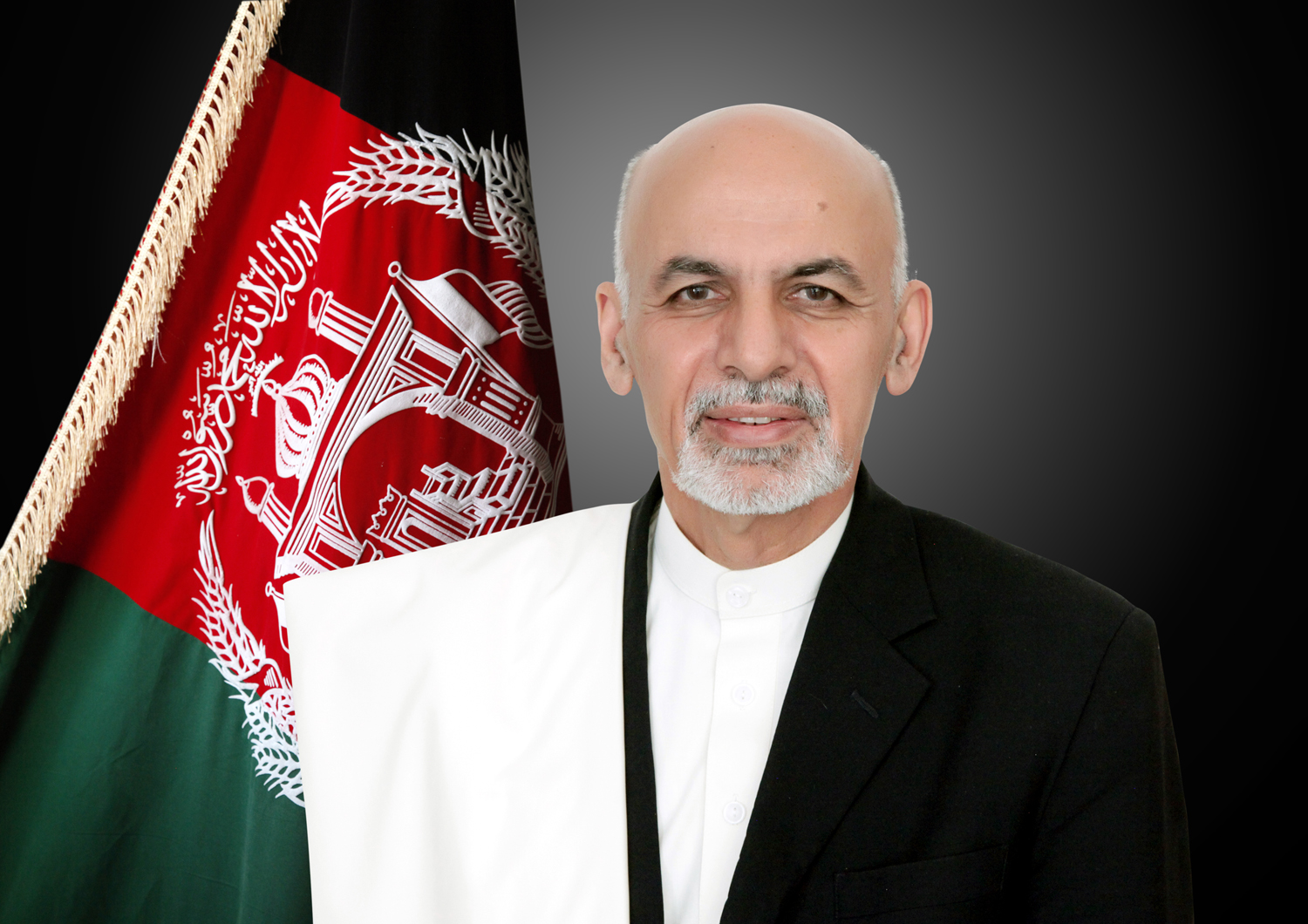The President

Mohammad Ashraf Ghani grew up in Afghanistan before studying abroad.
Like so many Afghans, the foreign invasion and civil war led to the persecution of his family and his children.
forced him to remain in exile. Abroad, he became one of the leading political science researchers in the world.
and anthropology, then worked at the World Bank where he learned the tools of development.
international.
After the fall of the Taliban in 2001, he returned to Afghanistan to dedicate his
skills and knowledge unique to the reconstruction of the country. He advised the President by
Karzai and served as Finance Minister of the Transitional Islamic State of Afghanistan.
until December 2004.
During his tenure as Minister of Finance, he designed a reform package and launched several
public investment programs that have led to significant improvements in livelihoods
ordinary Afghans across the country. He refused to join the newly elected government in December.
2004. However, he remained an influential voice in political circles in Afghanistan and abroad.
He served as Chair of the Transition Coordination Commission (TCC) in 2010, which was responsible for transferring
the authority of foreign troops to national troops. He resigned from TCC to run for president.
in October 2013. It was declared the winner on September 22, 2014.
Education and early career.
As a young man, Dr. Ghani traveled to Lebanon to attend the American University of Beirut,
where he met his future wife, Rula, and received his first degree in 1973. He returned to Afghanistan
in 1974 to teach Afghan studies and anthropology at Kabul University before winning a scholarship to teach at the University of Kabul.
from the government to study for a Master's degree in Anthropology at Columbia University in New York. He left
Afghanistan in 1977, with the intention of taking a two-year leave of absence.
When pro-Soviet forces came to power, most of the male members of his family were
imprisoned and he got stuck in the United States. He remained at Columbia University and received his Ph.
there, with a doctoral thesis entitled "Production and Domination: Afghanistan, 1747-1901", and was immediately
invited to teach at the University of California, Berkeley (1983) and Johns Hopkins University (1983-1991). During
During this period he became a frequent commentator on the BBC Dari and Pashto services, which broadcast in Afghanistan.
International Career
In 1991, Mr. Ghani joined the World Bank as a senior anthropologist, advising on the human dimension of
economic programs. He served for 11 years, working initially on projects in East Asia, but evolving to
in the mid-1990s towards the articulation of the Bank's social policy and the revision of national strategies,
conditionalities and the design of reform programs.
In 1996, he pioneered the application of institutional and organizational analysis to macroeconomic processes.
The company has been working directly on the adjustment program of the Russian coal industry and has been carrying out a number of projects for change and reform, working directly on the adjustment program of the Russian coal industry and carrying out a number of projects in the field of coal mining.
reviews of the Bank's country assistance strategies and structural adjustment programs at the global level.
He spent five years in China, India and Russia managing large-scale development and transformation projects.
institutional. During his time at the World Bank, Dr. Ghani completed the School Leadership Training Program (SLTP), a program that provides leadership training to schools
of Harvard-INSEAD and Stanford.
After 2001
Following the ousting of the Taliban at the end of 2001, Mr. Ghani was invited to become Special Advisor to the Ambassador.
Lakhdar Brahimi, Special Envoy of the UN Secretary General to Afghanistan.
In this capacity, Mr. Ghani returned to Afghanistan and worked on the design, negotiation and implementation of the
the Bonn Agreement, which established the roadmap for the transition to a new government based on popular consent.
During the interim administration, Mr. Ghani served, on a volunteer basis, as a senior advisor to Acting President Karzai.
and was among the first public servants to disclose its own assets. In this capacity, he worked on the preparation of the Loya Jirgas (large assemblies).
who elected President Karzai and approved the constitution.
Working as Minister of Finance
As Afghanistan's Minister of Finance during the Transitional Administration, Mr. Ghani is widely credited with the design and implementation of some of the most far-reaching and difficult reforms of that period.
He issued a new currency in record time; computerized treasury operations; institutionalized the Single Treasury Account; adopted a no-deficit financing policy; presented the budget as the central instrument of policy; centralized revenues;
reformed the tariff system and revised customs; and instituted regular reporting to Cabinet, the Afghan people and international stakeholders as a tool for transparency and accountability.
Dr. Ghani has combined personal integrity with extremely tough measures against corruption. When he became Minister of Finance, he dismissed corrupt officials from the Ministry of Finance, ignoring those who threatened revenge.
He refused to pay the army until it produced a real list of soldiers, rightly suspecting that the figures were exaggerated to demand more money.
Dr. Ghani has used his knowledge of the international system to innovate in the coordination of donor aid. He called on donors to maintain their interventions in three sectors, bringing clarity and mutual accountability in their relations with their government counterparts, and preparing a development strategy that puts Afghans in the driver's seat of responsibility for their future.
In recognition of his service, he was awarded the Afghan Sayed Jamal-ud-Din Medal, the country's highest civilian honour. He was recognized as Asia's top finance minister in 2003 by Emerging Markets for his efforts.